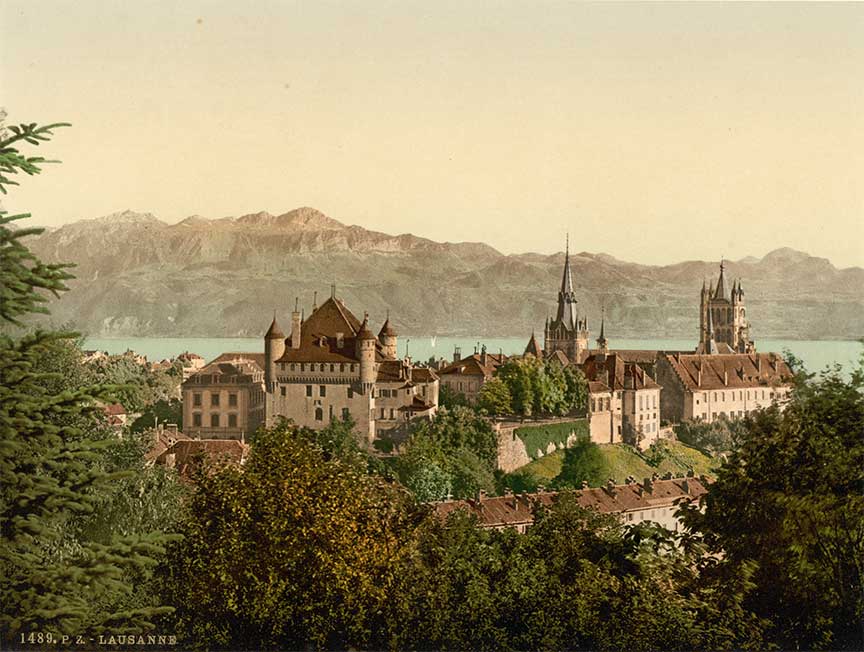Lausanne Conference

Lausanne
Representatives of Germany, Great Britain, France, Germany and Japan, met to decide the issue of German reparation debt payment. An agreement was reached whereby the debt would be deferred. The agreement was contingent upon the U.S. agreeing to also defer the debt payment of the Western European governments. When the U.S. Congress forbade any cancellation or reduction in debt repayment, the agreement disintegrated.
The problem of Germany continuing to pay reparations for World War I continued to exasperate international relations in Europe and domestic politics in Germany. The Dawes Plan of 1924 had attempted to restructure German debt, however the political instability in Germany made it clear that the German was not be able to maintain their commitments to make payments. As a result a new commission was established led by Owen Young. The commission developed a plan that would decrease German's indebtedness by 20% and extended further the payment period for the reparations.
The report was submitted on June 7th 1929. It was approved at the Second Hague Conference in January 1930. Between the submission of the report and the Conference the Wall Street Crash of 1929 forcing US banks who were financing part of the payment to withdraw money from Europe and making the German economy even worse. It was clear that the Germans would be unable to make payments.
From June 16th to July 9th 1932 representatives of the United Kingdom, France and Germany met in Lausanne Switzerland to discuss German reparations. The sides came to an agreement to suspend German reparation payments. It was also understood at the conference that ending those payments would also be dependent on the United States. Canceling the Allied war debt. In December 1932 the US Congress rejected the agreements reached at Lausanne. Soon with the rise of Hitler it became irrelevant as Germany never paid any additional reparations for World War I.
 >
>